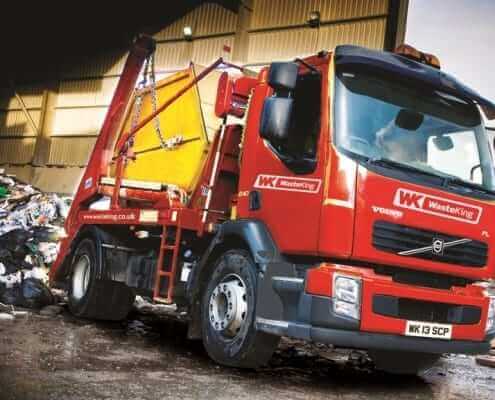
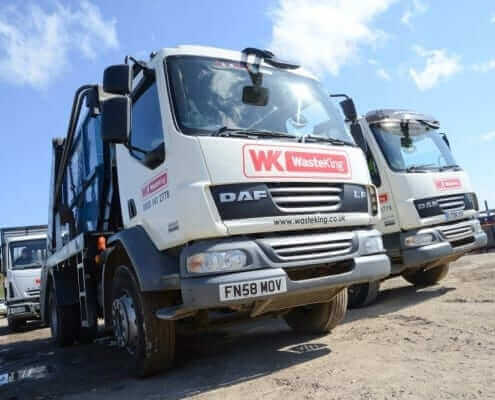
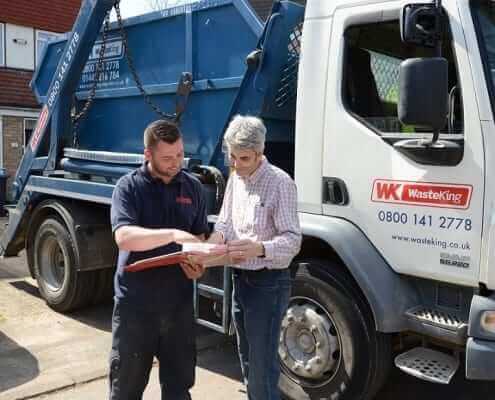
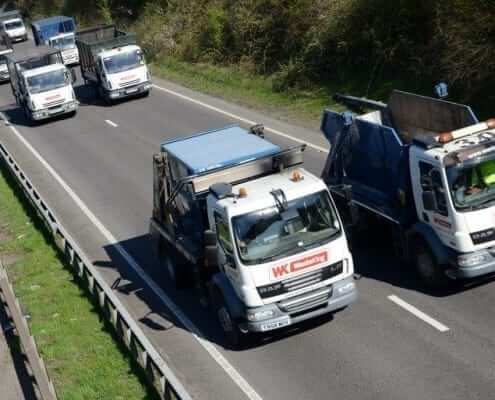
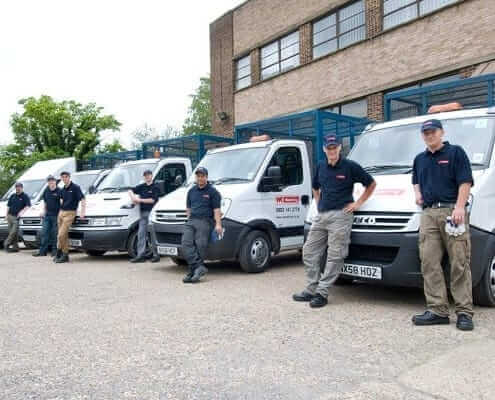
How to Avoid Common Mistakes When Hiring a Skip
Hiring a skip can streamline your waste disposal needs, whether for a domestic clear-out, garden overhaul, or a construction project. However, navigating the process isn’t always straightforward and can be fraught with potential pitfalls. Here, we outline key tips to avoid common mistakes when hiring a skip, ensuring you maximise efficiency and cost-effectiveness while staying within legal boundaries.
1. Choosing the Incorrect Skip Size
One of the most frequent errors in skip hire is selecting the wrong size. It’s crucial to accurately estimate the amount of waste you plan to dispose of before hiring a skip. Hiring a skip that’s too small can result in needing another skip, while a too-large skip wastes money. Most skip hire companies offer a range of sizes, typically measured in cubic yards, from mini skips for small domestic jobs to large builders’ skips for substantial waste.
Tip: Always err on the side of caution and opt for a slightly larger skip than you think you might need. It’s more cost-effective than hiring a second skip.
2. Ignoring Permit Requirements
If you plan to place your skip on a public road, you will require a permit from your local council – a common oversight that can lead to fines. However, placing a skip on private land, like your driveway, typically doesn’t require a permit.
Tip: Contact your local council well in advance to understand the specifics of obtaining a skip permit, the cost involved, and the lead time for arranging the permit.
3. Filling the Skip Improperly
Overloading your skip is not only unsafe; it’s also illegal. Ensure not to fill the skip beyond the designated ‘level load’ line. Additionally, certain materials are prohibited in skips, such as refrigerators, tyres, batteries, hazardous waste, and asbestos.
Tip: Discuss waste types with your skip hire company beforehand to understand what can and cannot be thrown into the skip. They can offer guidance on how to dispose of prohibited items responsibly.
4. Overlooking Recycling Options
Many people fail to consider that some of their waste could be recycled instead of thrown away. Sorting your waste and salvaging recyclable materials can reduce the amount of skip space needed and potentially lower the cost.
Tip: Separate materials like metals, plastics, and cardboard before filling the skip. This not only helps the environment but might also reduce the cost of the skip hire if the company offers recycling services.
5. Neglecting to Compare Prices and Services
Don’t make the mistake of hiring the first skip company you find. Prices and terms of service can vary significantly between providers.
Tip: Request quotes from multiple companies and check online reviews to ensure you are choosing a reputable provider. Look out for hidden costs like permit fees, extension costs, and prohibited item fees.
6. Underestimating Time Requirements
Skips are typically hired out for a set period, often around one to two weeks. Underestimating the time you need to fill the skip can result in rush charges for overrunning your hire or additional fees for a hire extension.
Tip: Plan your project timeline carefully. If unexpected delays occur, contact the skip hire company as soon as possible to negotiate an extension.
Conclusion
Avoiding these common mistakes when hiring a skip ensures that you manage your waste disposal efficiently, legally, and economically. Proper planning and communication with your chosen skip hire company will smooth the process, allowing you to focus on the project at hand without unnecessary complications.
Skip Hire St Albans, Skip Hire Halifax, Skip Hire Oxford, Skip Hire Stirling, Skip Hire Northwich, Skip Hire Kettering, Skip Hire Plymouth

Unit 15 Hockliffe Business Park |
|




